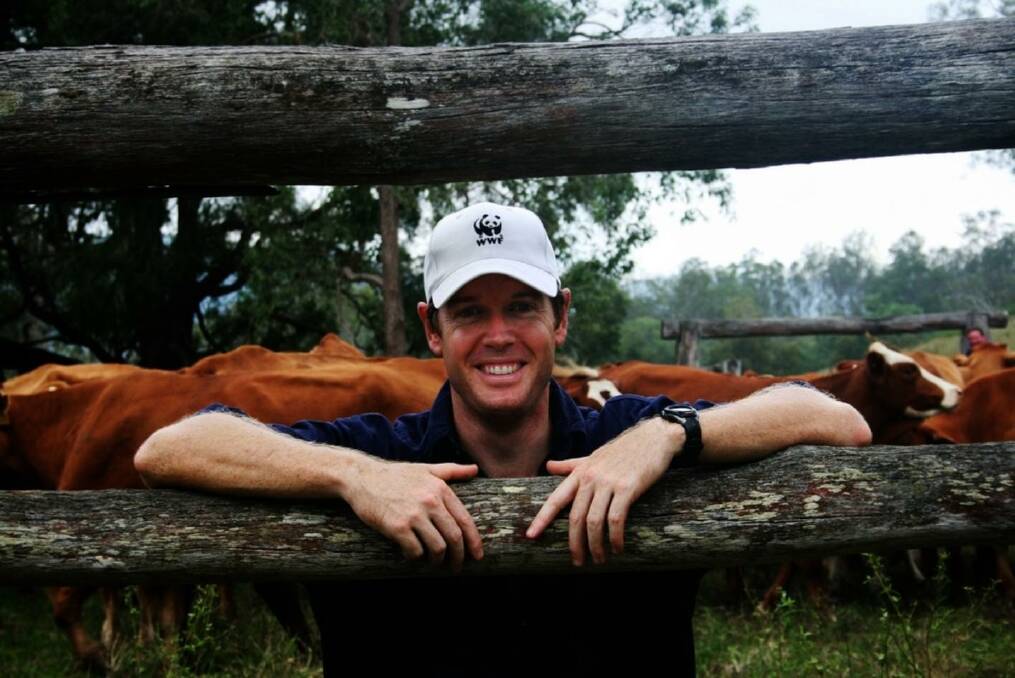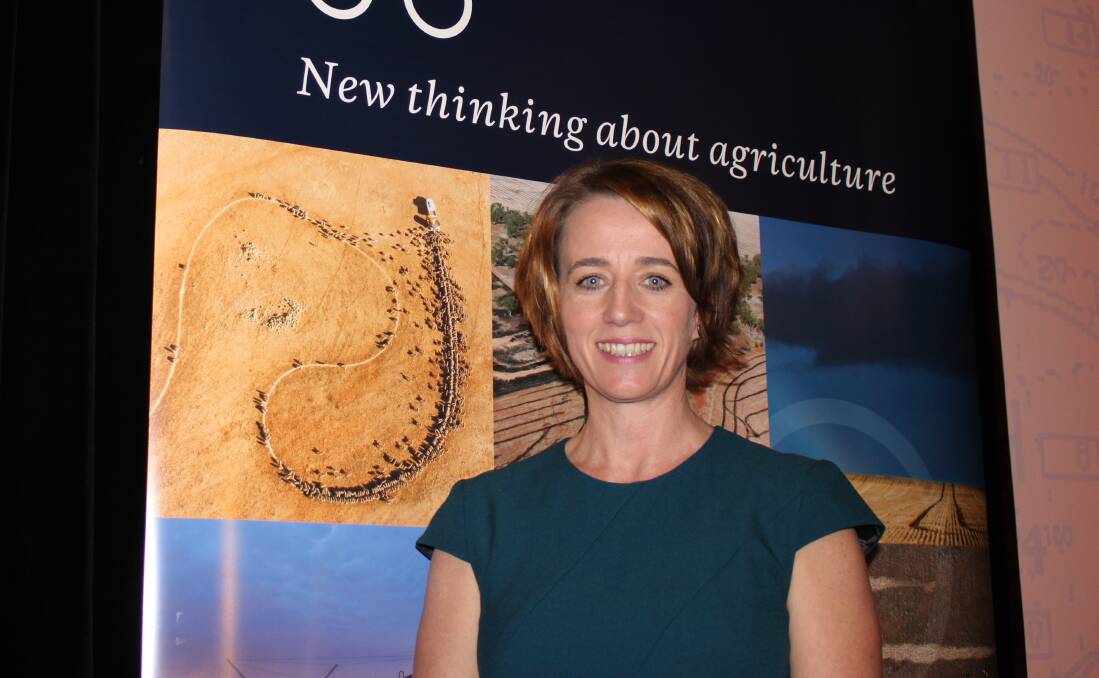
Consumers want to buy protein with a clean, green image and the beef industry has plans to give it to them, for a price.
Subscribe now for unlimited access to all our agricultural news
across the nation
or signup to continue reading
Speaking at the Australian Farm Institute annual conference, themed Farming in a Risky Climate, World Wildlife Fund global commodity lead for beef and livestock production Ian McConnel said unless the sector changed itself, change would be forced on the industry.
"Some of the global trends mean if we don't bring other people on board we are going to see some changes forced upon people," he said.
"Nobody in the world is anti-farmer, but a lot of people are anti bad-farming. A lot of people don't know what good or bad farming is, but unless you are going to bed hungry and naked, you can't be anti-farming.
Nobody in the world is anti-farmer, but a lot of people are anti bad-farming.
- Ian McConnel
"Current grazing land management is net-emitting, our soil degradation is actually loosing carbon from soils, which is frustrating because we know it should be going the other way."
Mr McConnel said to go forward, Australian beef needs to appeal to the aspirational consumer, and they want an environmentally friendly product.
"If we want to be the deli, rather than the supermarket, if we are going to produce high value products in a clean, green way, these people pay more," he said.
"I have challenged environmental groups, if I can give you forest friendly, carbon neutral beef, you tell me a more sustainable protein.
"Two thirds of the non-frozen planet is in the hands of farmers, if we are going to solve any of our environmental or climate challenges, farmers are going to have to be part of that solution. To be part of that solution we are going to have to do more than adapt, we will have to mitigate also."
Mr McConnel said investors, restaurants and food retailers were also driving the change in demand.
"What we are seeing is a real realisation by communities and businesses that agriculture plays a really important role not only in the perception of not only their brand but the impact that they have in being able to economically source products," he said.

"Organisations are talking to investors about which companies they should look at for ethical investment.
"We've seen a change from certification to engaging with the supply chains about what better looks like."
Mr MConnel said beef actually can play a positive role in ecosystem management, however as the consumer has no way of measuring or recognising positive contributions, they tend to opt out of the market and look for other proteins.
"Consumers are not ill-informed, individual consumers will be and will have misinformation, but as a whole the ask coming from the consumer section is pretty accurate, they understand the challenges.
Mr McConnel said as a primary land based industry, agriculture should not be looking at offsets and carbon neutrality as a goal, it should go beyond that and become a market for offsets.
"An avenue for farmers to create value from what they do on farm as a solution to climate change," he said.
"To do that, we do need to start addressing some of the unnecessary emissions."
Speaking at the conference, Cattle Council of Australia CEO Margo Andrae said nobody could divorce themselves from consumers changing expectations, particularly the growing number of consumers who avoided red meat for perceived environmental reasons.
"For individual businesses, ignoring the climate science might seem like an option, but ignoring the consumer is not," she said.
"The Cattle Council Environment Sustainability Committee was formed last year to strengthen our industries policies around climate variability, carbon neutrality, sustainability metrics and research.
"In 2017 the Australian red meat industry set itself a goal of being carbon neutral by 2030, a clear message to global consumers that Australian red meat is serious about environmental sustainability.
"Agriculture has contributed more to reducing greenhouse gas emissions than any other sector in Australia.
"We can mitigate climate change factors by increasing carbon storage in the natural landscape where our cattle graze, in a way that improves our productivity and opens up a new revenue stream through the carbon farming opportunities."
Ms Andrae said it was important to differentiate the story of Australian beef from competing markets.
"The Australian beef industry has cut its greenhouse gas emissions by more than half, between 2005 and 2016," she said.
"The red meat industries prosperity and the success of individual beef businesses will continue to depend on proactive and precautionary approaches to climate risk and sustainability."


